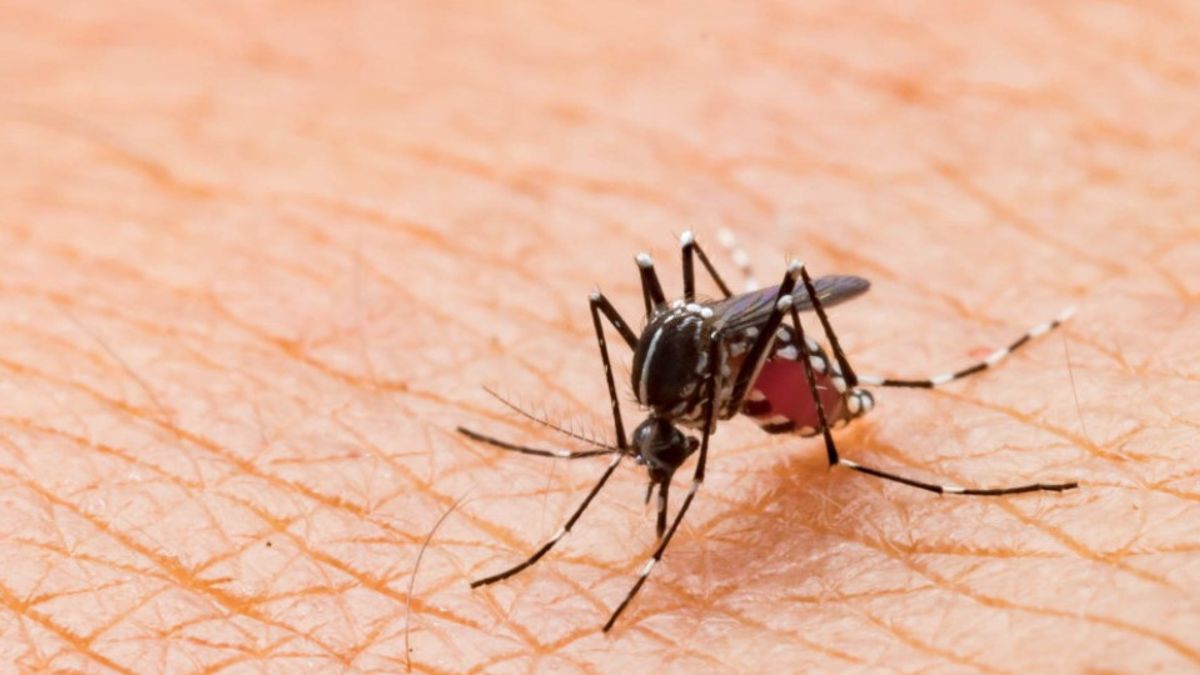During the COVID-19 pandemic, health workers and researchers were transformed into heroes. Every step and finding can have a profound impact on the pandemic resolution process.
In less than a year, researchers have developed several vaccines that are considered effective to stop the spread of the COVID-19 virus. In this regard, we should thank mRNA-based technology.
Through mRNA technology, instead of injecting a deadly virus into a patient's body, we can 'trick' the body into making its own immune system by triggering it to produce protein fragments.
As a result, the vaccine development process can run faster. Undoubtedly, many immunologists consider mRNA technology to be an important breakthrough in this field.
And as vaccination rates for the pandemic began to increase, the medical community began to look for other views. Many immunologists and virologists want to test this genome weapon against other types of deadly diseases.
As a result, researchers from the University of Oxford also successfully created a malaria vaccine. In findings published in Preprints with The Lancet, researchers state that their homemade vaccine has an efficacy of up to 75 percent. The amount is in accordance with the goals set by the World Health Organization's Malaria Vaccine Technology Roadmap.
"The vaccine area has finally changed and continues to grow thanks to COVID-19", said Dr. Dan Barouch, director of the Center for Virology and Vaccine Research at Harvard Medical School, told AAMC.
SEE ALSO:
A disease that is not less deadly
The findings of the Mayo Clinic show that as many as 290 million people are infected with malaria each year. 400 thousand of them died from this disease. Most of the patients who could not be saved were children, the elderly, and those with weak bodies.
No doubt, malaria is one of the most widespread parasitic diseases in the world. Symptoms of malaria 'attack' consist of the body shivering, fever, chills again, then another fever with an increasing temperature.
"Safe, effective, and affordable vaccines play an important role in the cure of malaria", said the Director of the Global Malaria Program from WHO, Dr. Robert Newman, in 2013.
Dr. Robert continued, despite the country's progress, as well as important innovations in diagnostics, drugs, and vector control, the global burden of malaria remains very high.
Therefore, this finding is of course expected to be able to bring humans out of the nightmare of malaria. This is because researchers have continued to develop vaccines with a target level of efficacy above 75 percent since they first discovered malaria in 1897.
The English, Chinese, Japanese, Arabic, and French versions are automatically generated by the AI. So there may still be inaccuracies in translating, please always see Indonesian as our main language. (system supported by DigitalSiber.id)


















